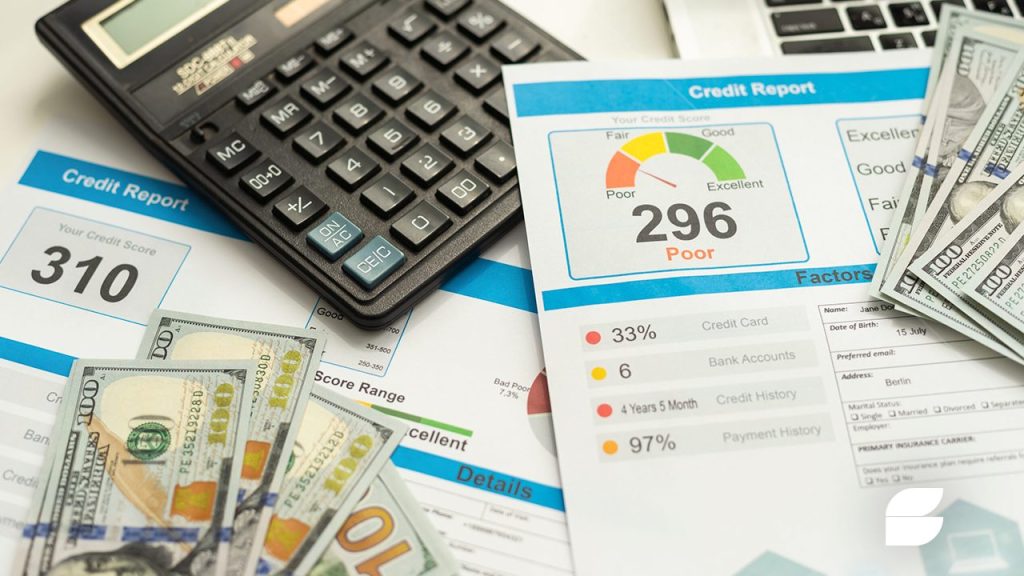Moving to a new country is a life-changing experience, filled with both excitement and uncertainty. For immigrants arriving in Canada, one of the most important—but often overlooked—steps toward financial integration is establishing a solid credit history. A good credit score opens doors to better housing options, car loans, business opportunities, and even employment in some sectors. However, building credit from scratch in a foreign system can feel like a catch-22: you need credit to get credit.
Fortunately, Canada offers a number of credit card options specifically designed for newcomers. These tools can help immigrants establish a credit footprint, build a strong financial reputation, and begin their new lives with greater confidence and security.
Understanding the Canadian Credit System

Canada’s credit system is centered around your credit report and credit score. These are compiled and managed by major credit bureaus such as Equifax and TransUnion. Your credit score—typically ranging from 300 to 900—is calculated based on several factors, including your payment history, credit utilization, length of credit history, types of credit used, and recent inquiries.
For immigrants, the challenge is that credit history from other countries does not carry over to Canada. That means newcomers begin with a blank slate, which can be both a limitation and an opportunity. With careful planning and responsible use of credit cards, immigrants can start strong and avoid common pitfalls.
Choosing the Right Credit Card as a Newcomer
Not all credit cards are created equal, and for immigrants, selecting the right one is crucial. Many Canadian banks offer specialized “newcomer” credit card programs that are accessible even without a credit history or permanent employment. These typically fall into three main categories:
1. Secured Credit Cards
These require a cash deposit as collateral, usually equal to the credit limit. They’re ideal for those who want to prove their creditworthiness without taking on too much risk. Secured cards function like regular credit cards and report activity to credit bureaus, making them a practical first step.
2. Student or Starter Credit Cards
If you’re moving to Canada as an international student or young professional, some banks offer low-limit credit cards with minimal requirements. While they may not offer the highest rewards, they’re a great way to start building credit responsibly.
3. Newcomer Credit Programs
Major financial institutions such as RBC, Scotiabank, BMO, and CIBC have tailored packages for new immigrants. These programs often bundle a chequing account, credit card, and sometimes even a small line of credit, with fewer initial requirements.
Tips for Building a Strong Credit History
Getting a credit card is only the first step. How you use it determines how quickly and effectively you build your credit profile. Here are key tips for newcomers:
- Always Pay on Time
Payment history is the single most important factor affecting your credit score. Set up automatic payments or reminders to avoid missing due dates. - Keep Credit Utilization Low
Try to use less than 30% of your credit limit. If your limit is $1,000, aim to keep your balance below $300. High balances relative to your limit can negatively impact your score, even if you pay off the full amount each month. - Use Your Card Regularly but Responsibly
Using your card for small, recurring purchases like groceries or phone bills ensures consistent activity without overspending. - Monitor Your Credit Report
You’re entitled to a free credit report from each bureau once a year. Review it for errors and track your progress. - Avoid Applying for Multiple Cards Too Soon
Every credit application triggers a “hard inquiry,” which can slightly lower your score. Focus on one card, build a positive history, and expand cautiously over time.
The Long-Term Benefits

Establishing a strong credit history isn’t just about borrowing money—it’s about building trust in the financial system. Over time, a solid credit score can unlock lower interest rates on major loans, higher credit limits, and even opportunities to invest or start a business.
For families, it can mean better mortgage terms when buying a home. For individuals, it can lead to improved rental options or even influence job prospects in industries where financial responsibility is a factor.
Conclusion
Credit may be invisible, but its impact is very real. For immigrants in Canada, learning to navigate the credit system is a crucial step toward long-term financial well-being. The right credit card—combined with disciplined habits—can help newcomers build a strong foundation, access opportunities, and truly thrive in their new home.
By starting small, staying consistent, and making informed choices, immigrants can not only adapt to life in Canada but also take charge of their financial futures with confidence and clarity.



 Keep Credit Card Canada: The Smart Financial Tool for Building Credit and Rewards <p class='sec-title' style=' font-weight: normal; line-height: 1.9rem !important; font-size: 17px !important;'> Discover why the Keep Credit Card is becoming one of Canada’s top choices for consumers seeking convenience, flexibility, and long-term financial growth </p>
Keep Credit Card Canada: The Smart Financial Tool for Building Credit and Rewards <p class='sec-title' style=' font-weight: normal; line-height: 1.9rem !important; font-size: 17px !important;'> Discover why the Keep Credit Card is becoming one of Canada’s top choices for consumers seeking convenience, flexibility, and long-term financial growth </p>  How to Apply for the Keep Credit Card in Canada: Full Guide with Expert Tips <p class='sec-title' style=' font-weight: normal; line-height: 1.9rem !important; font-size: 17px !important;'> Explore new benefits, eligibility requirements, and practical strategies to increase your approval odds for the Keep Credit Card </p>
How to Apply for the Keep Credit Card in Canada: Full Guide with Expert Tips <p class='sec-title' style=' font-weight: normal; line-height: 1.9rem !important; font-size: 17px !important;'> Explore new benefits, eligibility requirements, and practical strategies to increase your approval odds for the Keep Credit Card </p>